
The field of medical technology is experiencing rapid advancements that are revolutionizing healthcare. From cutting-edge diagnostic tools to life-saving treatments, breakthroughs in medical technology are improving patient outcomes and transforming the way healthcare is delivered. In this blog post, we will explore some of the remarkable advancements in medical technology that are shaping the future of healthcare and enhancing the quality of patient care.
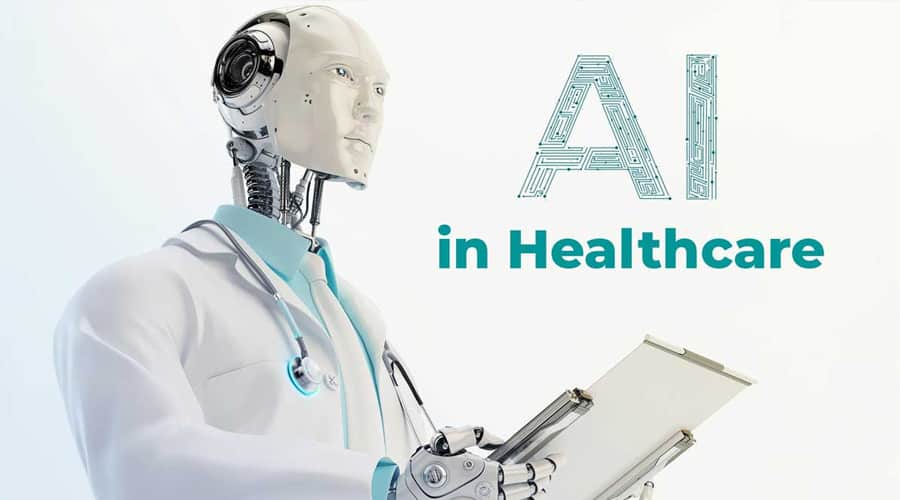
Artificial Intelligence has made significant strides in healthcare, providing powerful tools for diagnosing diseases, predicting outcomes, and optimizing treatment plans. AI algorithms can analyze vast amounts of patient data and assist healthcare professionals in making accurate diagnoses, detecting patterns, and personalizing treatment approaches. This technology holds great potential for improving patient care and streamlining healthcare processes.
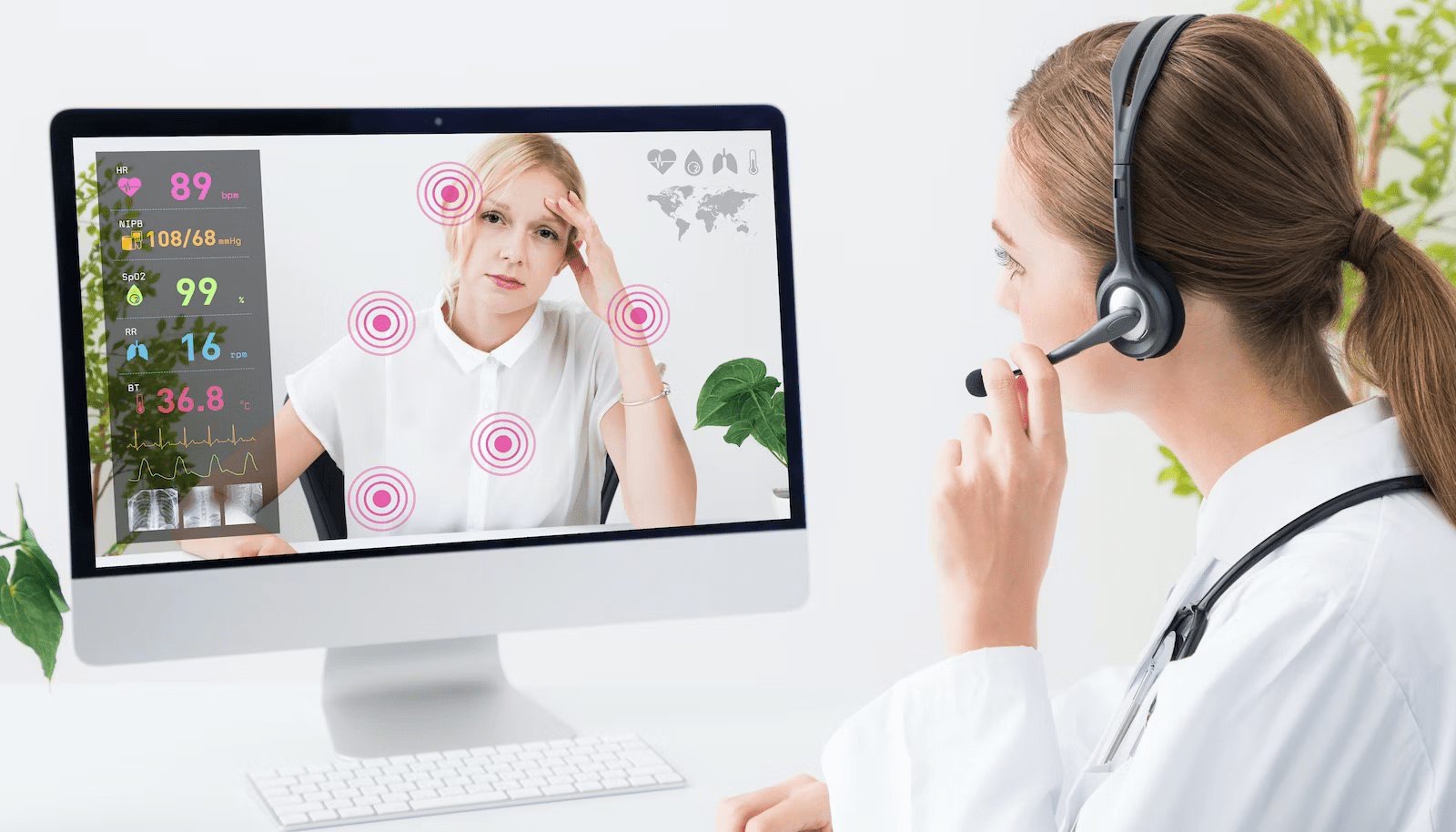
Telemedicine has emerged as a game-changer in healthcare, especially in remote or underserved areas. It enables patients to receive medical consultations and advice from the comfort of their homes, reducing the need for in-person visits. Remote monitoring devices, such as wearable sensors and smartphone apps, allow healthcare providers to monitor patients’ vital signs and health conditions remotely, ensuring timely interventions and reducing hospital readmissions.
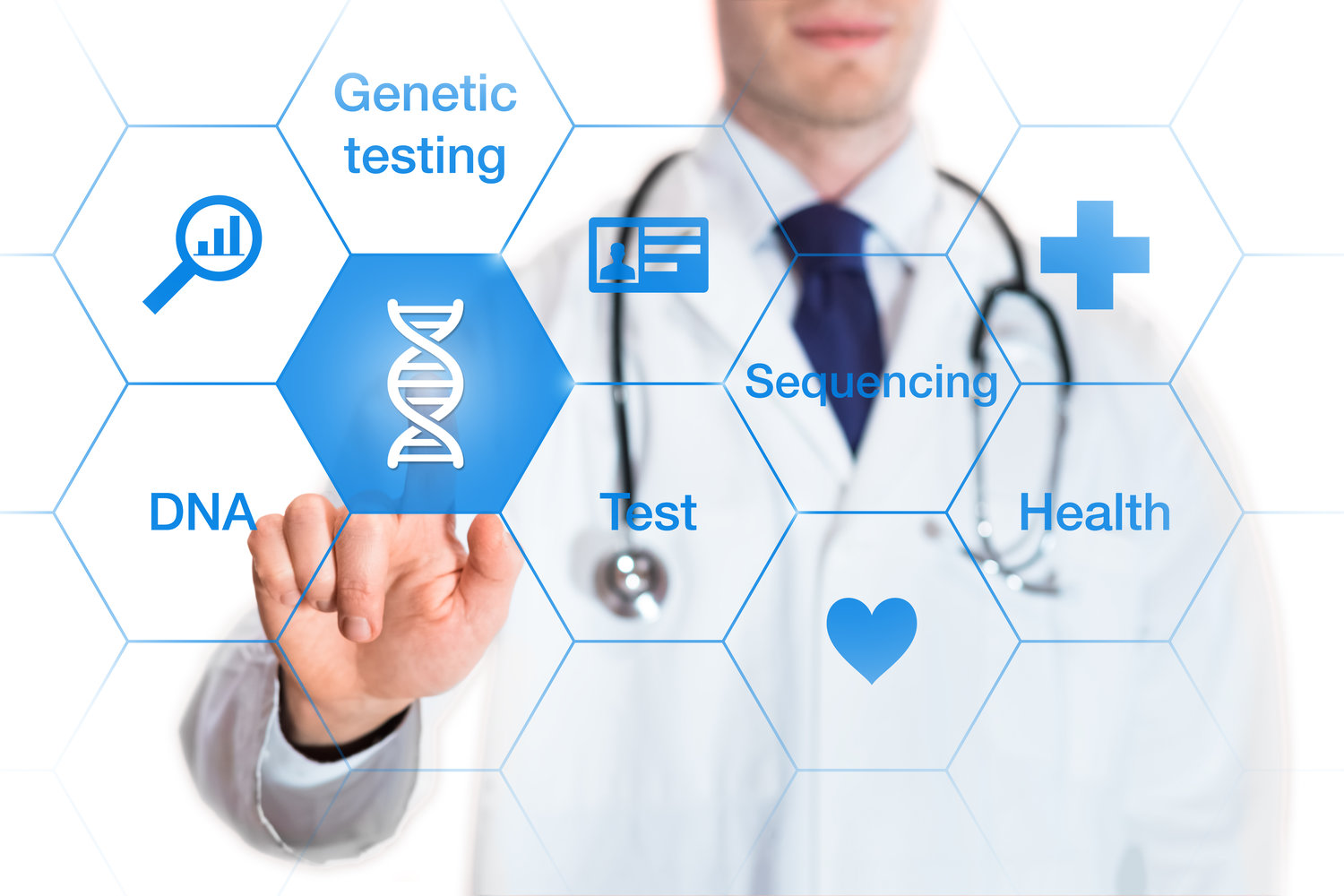
Precision medicine leverages advancements in genomics and molecular biology to tailor medical treatments to individual patients. By analyzing a person’s genetic makeup, healthcare professionals can determine personalized treatment plans, select the most effective medications, and minimize adverse reactions. Genomic testing and targeted therapies have shown promising results in treating various types of cancer and genetic disorders.
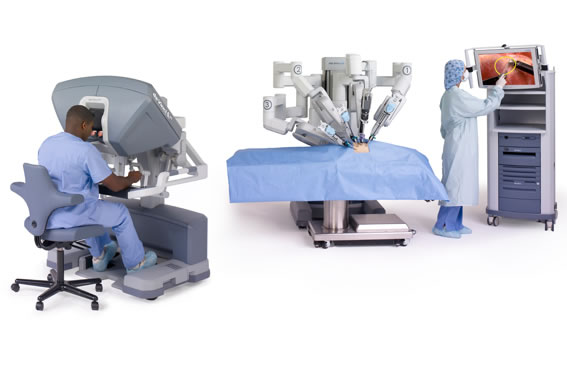
Robotic-assisted surgery has revolutionized surgical procedures by offering greater precision, flexibility, and control to surgeons. Robotic systems allow for minimally invasive surgeries, resulting in smaller incisions, reduced pain, and quicker recovery times for patients. These advancements in surgical technology are enabling complex procedures to be performed with greater accuracy, ultimately improving patient outcomes.
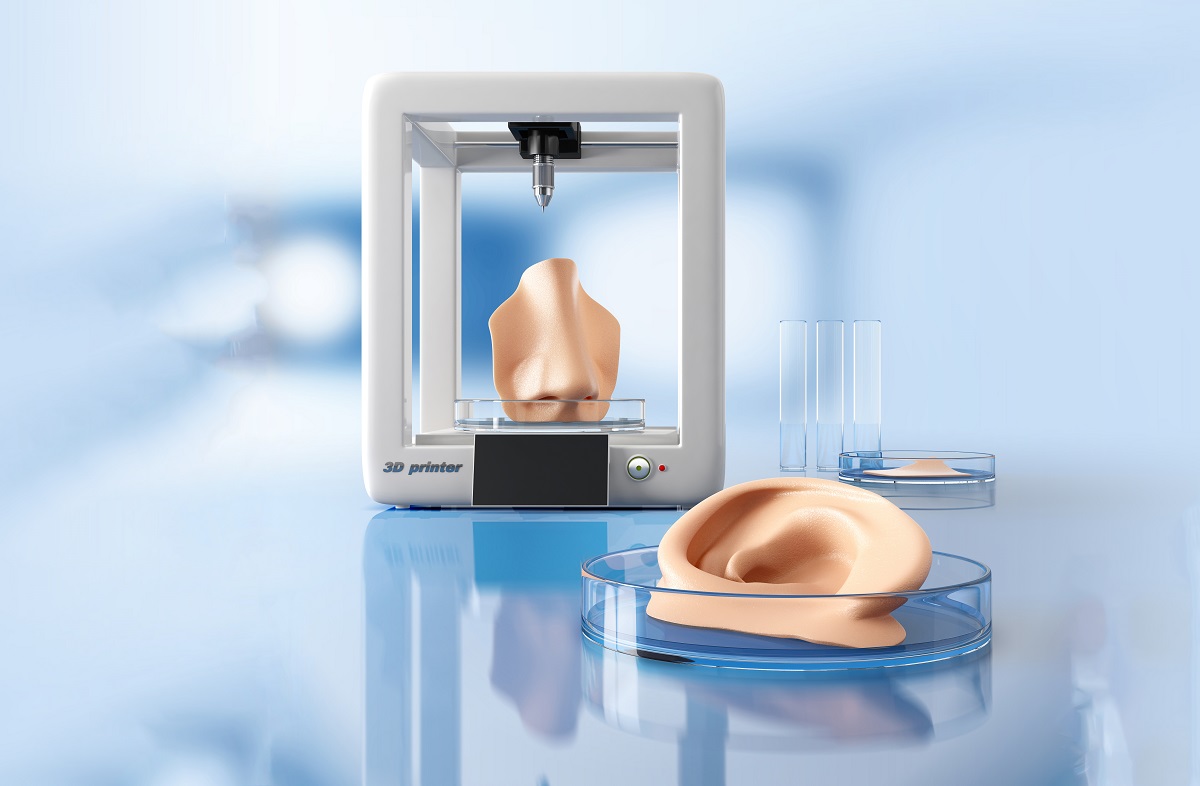
3D printing technology is making significant contributions to the field of healthcare. It enables the creation of patient-specific anatomical models, prosthetics, implants, and even organ scaffolds. This technology allows healthcare professionals to better plan and practice complex surgeries, customize medical devices for individual patients, and potentially revolutionize organ transplantation through the creation of bioengineered organs.

Nanotechnology is opening new frontiers in diagnostics and drug delivery systems. Nanoscale materials and devices can be engineered to target specific cells or tissues, improving the accuracy and effectiveness of diagnostic tests and treatments. Nanoparticles can deliver drugs directly to cancer cells, minimizing damage to healthy tissues and reducing side effects. Nanotechnology holds great promise for early disease detection, personalized medicine, and targeted therapies.
Conclusion: Breakthroughs in medical technology are transforming healthcare and improving patient outcomes. From the integration of artificial intelligence and telemedicine to precision medicine, robotic surgery, 3D printing, and nanotechnology, these advancements are revolutionizing the way healthcare is delivered. As technology continues to evolve, we can expect further innovations that will enhance diagnostics, treatments, and patient care. The future of healthcare is bright, and with the ongoing collaboration between technology and medicine, we can look forward to a healthier and more personalized approach to healthcare for all.
